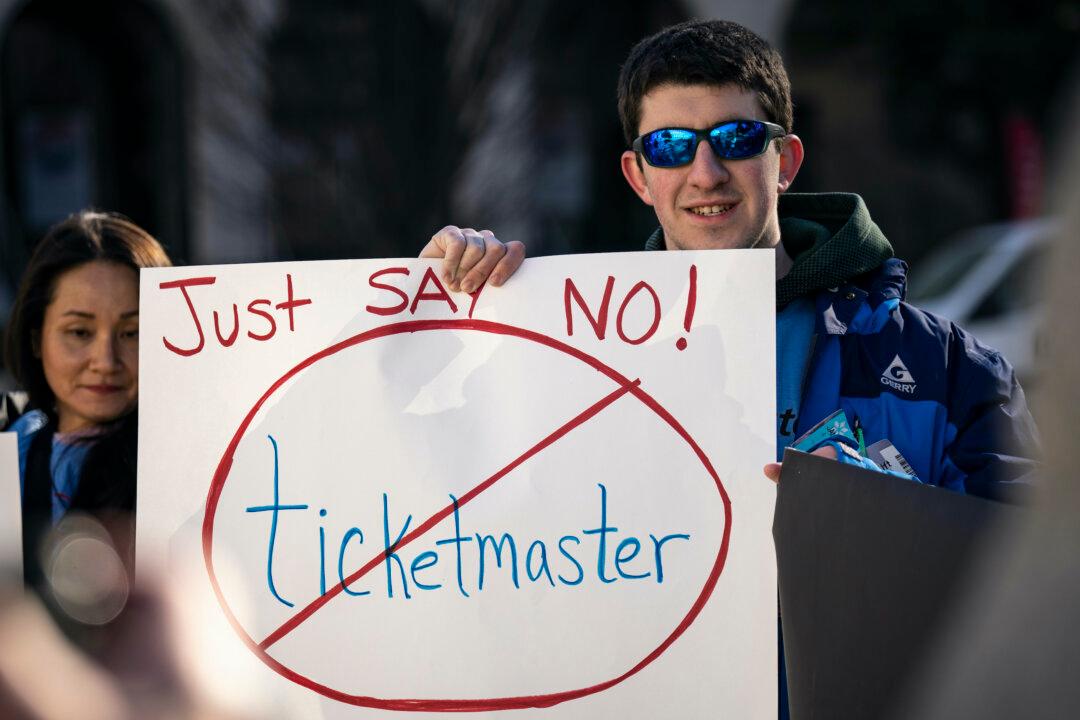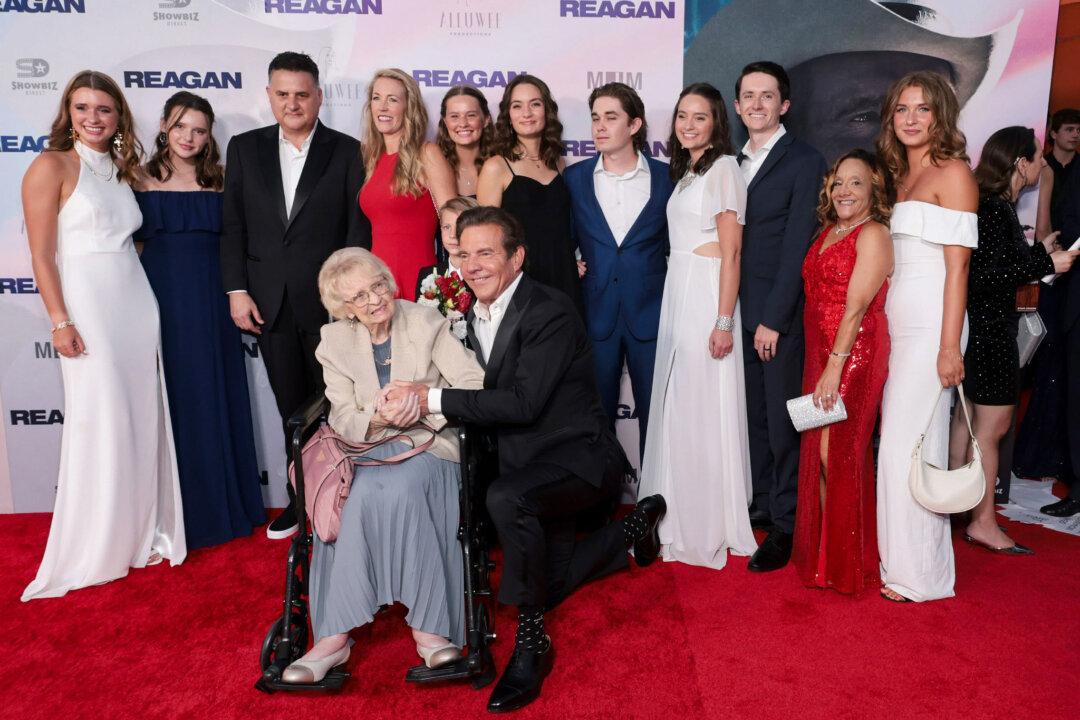Minnesota legislators have officially enacted what is colloquially known as the “Taylor Swift Bill.”
The initiative was spearheaded by state Rep. Kelly Moller in 2023, spurred by the frenzy among fans trying to secure tickets for Ms. Swift’s Eras Tour. Ms. Swift, aged 34, had announced her return to touring in 2022 after a four-year hiatus, implementing Verified Fan presales to combat bots from monopolizing ticket sales and subsequently inflating prices.
Ms. Moller encountered difficulties securing tickets for the July 2023 Minneapolis shows due to Ticketmaster system crashes and unchecked bot activity. Ms. Swift publicly addressed these issues, expressing her commitment to protecting her fans and her disappointment with external ticketing entities.
Despite the challenges, Ms. Swift acknowledged the immense demand for tickets but lamented the arduous process many fans endured to obtain them. While not absolving anyone of responsibility, Swift revealed that her team had repeatedly consulted Ticketmaster regarding their capacity to handle the influx of fans for her stadium shows, only to be assured of their capability.
The enactment of the “Taylor Swift Bill” marks a significant step towards transparency and fairness in ticket sales, reflecting the ongoing efforts to safeguard the interests of fans in the ever-evolving landscape of live events.
Furthermore, the law bans speculative ticketing, making it illegal for resellers to sell or advertise event tickets without actual possession of the tickets. It outlines conditions for ticket procurement services and mandates clear pricing disclosure, refund policies, and ticket information for consumers. Additionally, it requires sellers to provide proof of purchase for electronic tickets and imposes penalties for violations.
In March 2024, The White House announced new measures to reduce expenses for Americans by cracking down on corporate exploitation and so-called junk fees.
As noted on The White House website, the FTC has proposed a rule aimed at eliminating hidden and surprise junk fees, which cost consumers an estimated $90 billion annually. If enacted, this rule would require companies to disclose prices upfront when consumers make purchases, effectively banning the use of such fees. Additionally, the FTC finalized a rule to prevent auto dealers from using bait-and-switch tactics and charging hidden junk fees for services with no added value. The Department of Labor has also proposed a rule to reduce junk fees in retirement products, ensuring that financial advice regarding retirement is in the best interest of Americans. Furthermore, the FCC has proposed a rule to prohibit early termination fees for cable and satellite services, with plans to vote on finalizing a rule mandating all-in pricing for such services later this month.







